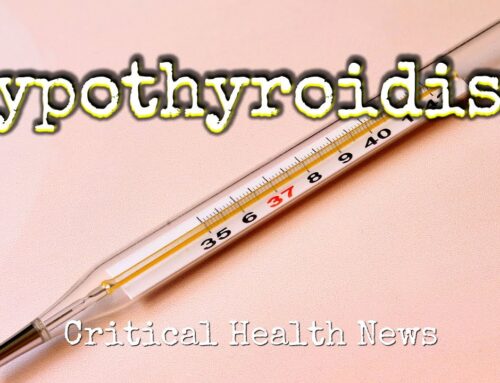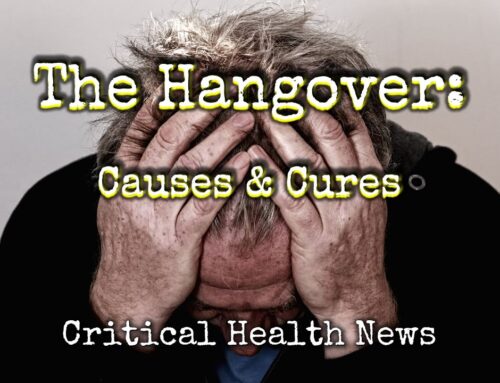While modern medical philosophy is based on what is known as the “central dogma”, which states that genes are the primary determinant of disease, biology may not be that simple. The first clue that the central dogma might be less than complete comes from the word “dogma” itself.
Derived from the Greek term for “something that seems to be true” and is defined as a belief laid down by an official authority, that people are expected to accept without doubts, dogma is most often associated with religion. Its appearance in the world of science is problematic.
Secondly, we now know that environmental factors can lead to important changes in the processing of DNA, thereby modifying the expression of genes. These changes form the basis of the science of epigenetics, which is the study of how DNA can be altered by the environment.
The reason this is important is because, while some genes may be locked into heredity and not subject to change, many of them, including the ones linked to cancer, heart disease, autoimmunity and other leading causes of death, are flexible and responsive to elements of lifestyle, which function epigenetically.
Some of these epigenetic factors include calories, nutrients and exposure to toxins. Even thoughts, emotions and beliefs have demonstrated epigenetic properties, which can be leveraged to turn DNA on and off, liberating us from tendencies towards diseases that modern medicine will tell us we are condemned to because it’s just in our genes.










